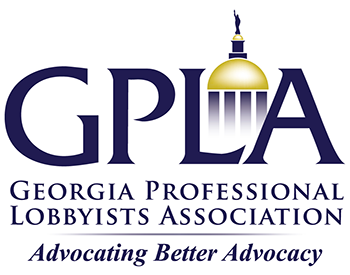What is Lobbying?
Although lobbying is an ancient art - as old as government itself - it is still frequently misunderstood. It is, in fact, a legitimate activity protected by the First Amendment to the U.S. Constitution: "Congress shall make no law....abridging the freedom of speech....or the right of the people peaceably to assemble, and to petition the government for a redress of grievances." The term "lobbyist" came into usage early in the 19th century, although stories of its origin vary. One account describes "lobby-agents" as the petitioners in the lobby of the New York State Capitol waiting to address legislators. Another version of the story describes the lobby of the Willard Hotel as the meeting site for both legislators and representatives of interest groups during the early 1800s. Either way, by 1835 the term had been shortened to "lobbyist" and was in wide usage in the U.S. Capitol, though frequently pejoratively. The caricature is as familiar as the name: portly, cigar-smoking men who wine and dine lawmakers while slipping money into their pockets. Because the lobbying profession is so little understood, it is often viewed as a sinister function, yet every "mom and apple pie" interest in the United States uses lobbyists -- a fact little known by the general public – to amplify their collective voice. Simply put, lobbying is advocacy of a point of view, either by groups or individuals. A special interest is nothing more than an identified group expressing a point of view - be it colleges and universities, churches, charities, public interest or environmental |
